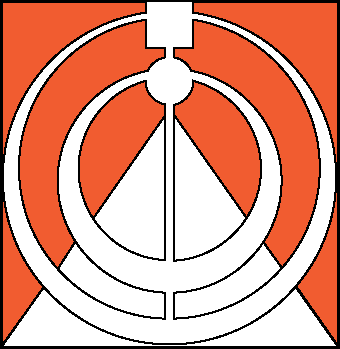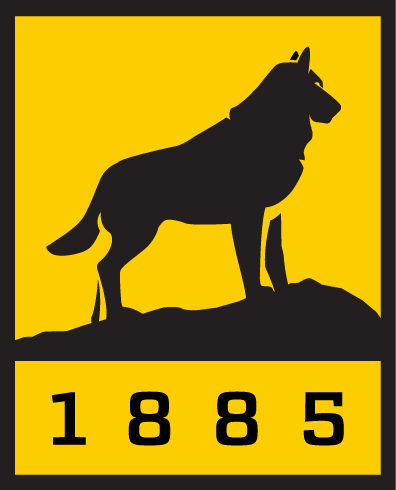Professional Learning Expands at Mi-STAR
Friday, January 13, 2023
Mi-STAR is now offering three new online courses through Michigan Tech’s Global Campus. The courses will support any Grades 5-9 teacher looking to build their Next Generation Science Standards (NGSS) teaching toolkit. These courses are based on some of Mi-STAR’s best Professional Learning offerings, and have been expanded so that they integrate with any curriculum, not just Mi-STAR.
These 2 hour asynchronous, self-paced courses are open to anyone looking to strengthen their NGSS teaching skills. The courses are perfect for districts looking for high-quality, low-cost, and ready-to-use professional learning materials for their teachers.
Build Your Toolkit courses now available on Michigan Tech’s Global Campus:
- Introduction to the Next Generation Science Standards
This course introduces both new and experienced science educators to the Next Generation Science Standards (NGSS). Integrating primary source materials from the NGSS website and nationally respected experts, this course provides an overview of the vision and structure of three-dimensional science education, as well as a guided tour through some of the key resources available in the National Academies’ Framework for K-12 Education and the NGSS Standards. Practical strategies and resources for further exploration in implementing the NGSS in the classroom are also explored. By the end of the course, teachers will be able to describe the purpose and vision of the NGSS; explain the three dimensions of the NGSS; use resources, including appendices, from the NGSS Framework and website, to guide classroom instruction; describe key features of NGSS instruction in the classroom, including phenomena, storylines, productive talk, sense-making, engineering, and 3D assessment.- Productive Talk
This course explores the value of productive talk in supporting students’ sensemaking and consensus building. It integrates multiple respected science education sources to position productive talk as a critical experience related to the NGSS Science and Engineering Practices of asking questions and defining problems, constructing explanations, and arguing from evidence. Practical methods and routines to implement productive talk with students are explored. By the end of the course, teachers will be able to describe productive talk and differentiate it from traditional classroom discourse; explain why productive talk is good for students; describe the key elements of productive talk; apply classroom strategies to facilitate productive talk during initial ideas, understanding, and consensus discussions.- Systems and System Models
This course defines systems and systems models from an engineering perspective, tying modeling to the NGSS science classroom. It weaves together multiple respected science education courses to support classroom modeling as both a critical Science and Engineering Practice and a Crosscutting Concept. Practical methodologies and routines to implement modeling are explored. A classroom-tested lesson is provided upon course completion. By the end of the course, teachers will be able to define a scientific model and explain why models are useful; describe the specific attributes and engineering values of system models; explain how an NGSS-aligned curriculum can employ and support students’ modeling; describe and implement multiple modeling strategies for the classroom, including digital instruction.For more information about these courses, including registration information, please visit https://www.mtu.edu/globalcampus/degrees/non-credit-courses/mi-star-professional-learning/.
Development of these courses was supported by a MiSTEM Advisory Council Grant awarded through the Michigan Department of Education to Michigan Technological University.
GET Mi-STAR NEWS BY E-MAIL!
Copyright © 2026 Mi-STAR
Mi-STAR was founded in 2015 through generous support provided by the Herbert H. and Grace A. Dow Foundation. Mi-STAR has also received substantial support from the National Science Foundation, the MiSTEM Advisory Council through the Michigan Department of Education, and Michigan Technological University.


















